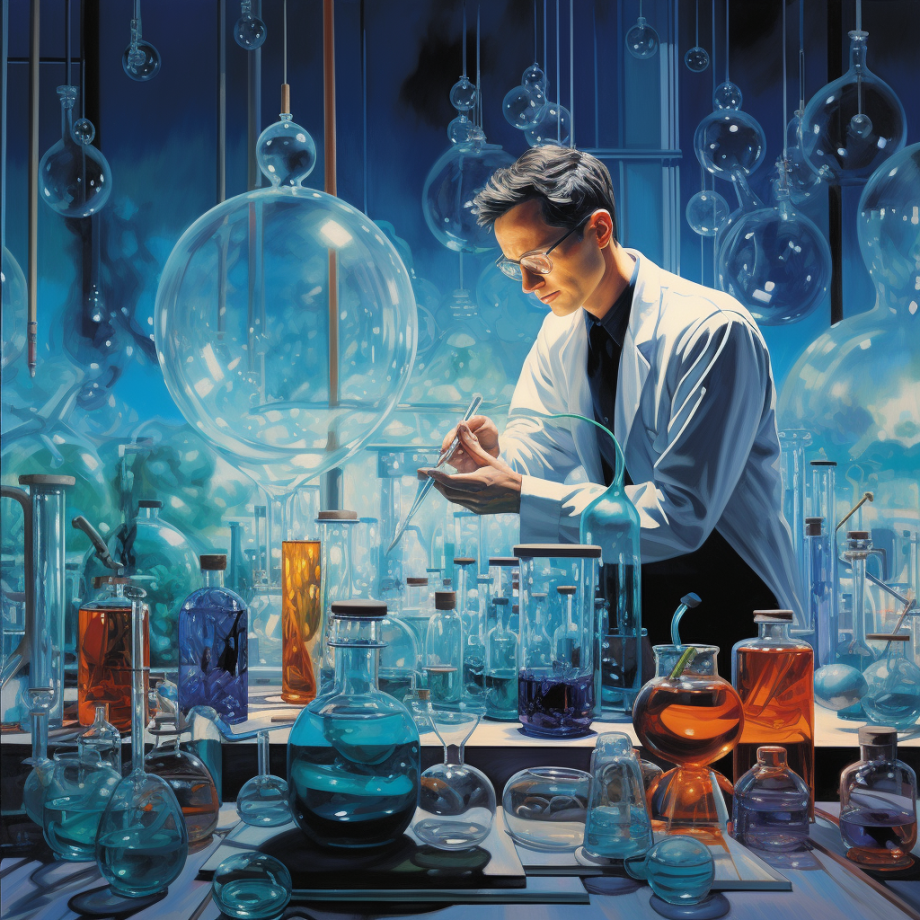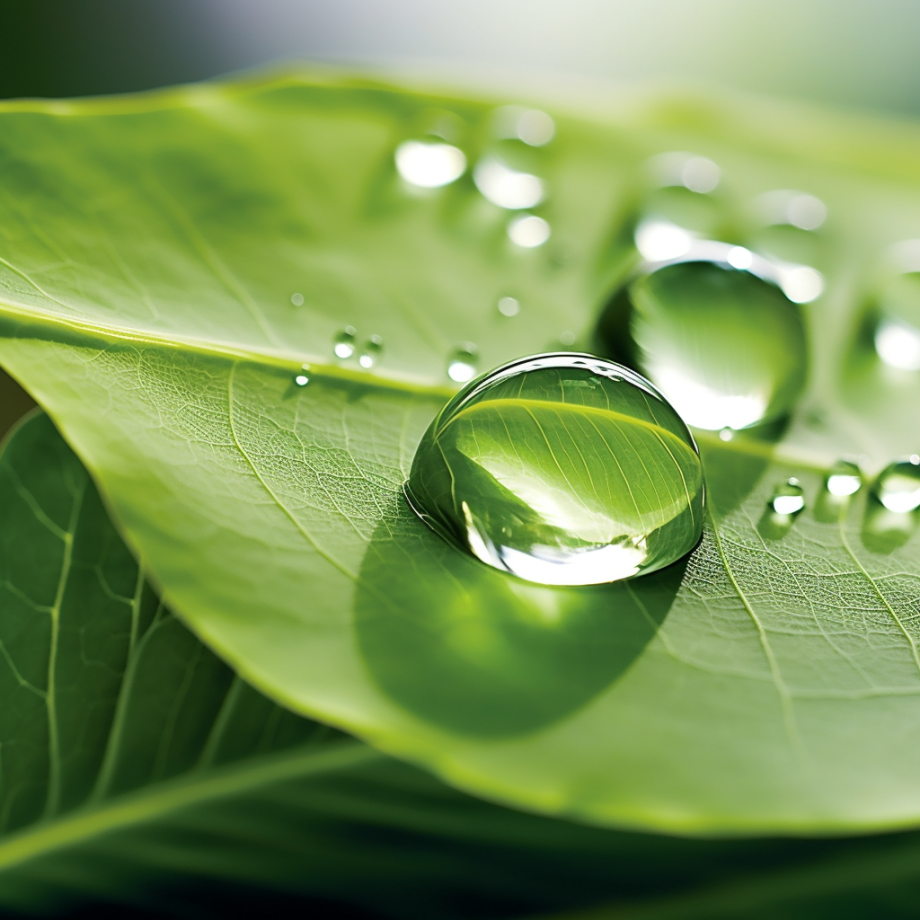Introduction: The Life-Giving Elixir
Water, the life-giving elixir, is a fundamental element for our existence. It plays a crucial role in our health and well-being, serving as a building block for cells, a solvent for minerals and nutrients, and a medium for various biochemical reactions. But how much do we really know about this essential liquid that makes up about 60% of our body? Let's dive into the fascinating world of water and hydration.
The Intricate Chemistry and Physics of Water
Water is more than just H2O. It's a unique molecule with properties that make it indispensable for life. It's a universal solvent, capable of dissolving more substances than any other liquid. This property allows it to carry nutrients to our cells and waste materials away from them. It's also a temperature buffer, helping to regulate our body temperature and maintain homeostasis.
Moreover, water exists in various structures, including the controversial "structured water" or the fourth phase of water. This phase refers to a state of water that is neither solid, liquid, nor gas but shares properties of each. While the concept of structured water is intriguing, it's important to note that the scientific community is still exploring its potential implications for health and biology.

Hydration: Beyond the '8 Glasses a Day' Myth
The age-old advice of drinking "8 glasses of water a day" is a one-size-fits-all approach that doesn't take into account individual differences. The amount of water we need depends on various factors such as body weight, activity level, climate, and overall health.
For instance, athletes or those who engage in strenuous physical activities may require more water to replace the fluids lost through sweating. Similarly, people living in hot climates or those with certain health conditions may also need to increase their water intake.
One scientific approach to hydration during exercise is the Galpin equation. This equation takes into account the duration and intensity of exercise, as well as the individual's weight, to calculate the optimal water intake.
The Quality of Water: What's in Your Tap?
The quality of the water we consume is as important as the quantity. Tap water, while convenient and cost-effective, can contain various contaminants, including heavy metals, pesticides, bacteria, and viruses. These contaminants can pose health risks, especially when consumed over a long period.
Therefore, it's essential to be aware of the quality of your tap water. Regular testing and the use of appropriate water filters can help ensure the safety of the water you consume. Remember, the quality of water can also be affected by the pipes in your building and the cleanliness of your faucet.
Activated Hydrogen Tablets: A Novel Approach to Hydration?
Activated hydrogen tablets are a recent addition to the hydration conversation. These tablets, when added to water, produce molecular hydrogen, a powerful antioxidant. While some individuals report positive experiences with these tablets, it's important to use them judiciously. They are not meant to be used in all the water you drink and should not be added to carbonated or hot liquids.
Structured Water: A Topic of Debate
The concept of structured water is a topic of ongoing debate. Proponents of structured water suggest that it offers additional health benefits compared to regular water. However, it's important to note that there is currently no substantial scientific evidence to support these claims. While the concept is intriguing and warrants further exploration, it's crucial to approach it with a healthy dose of skepticism until more research is available.
Conclusion: The Power of Water
Water is a powerful force in our biology. Its impact extends beyond quenching our thirst - it influences our health, our well-being, and even our cognitive functions. Understanding the science behind water and hydration can help us make informed decisions about our hydration habits and ensure we are providing our bodies with the best possible nourishment.
In conclusion, water is a fascinating and complex element that plays a vital role in our lives. As we continue to explore its properties and effects, we can better appreciate its importance and strive to ensure that the water we consume is of the highest quality. So, the next time you reach for a glass of water, take a moment to appreciate this incredible life-giving elixir.
